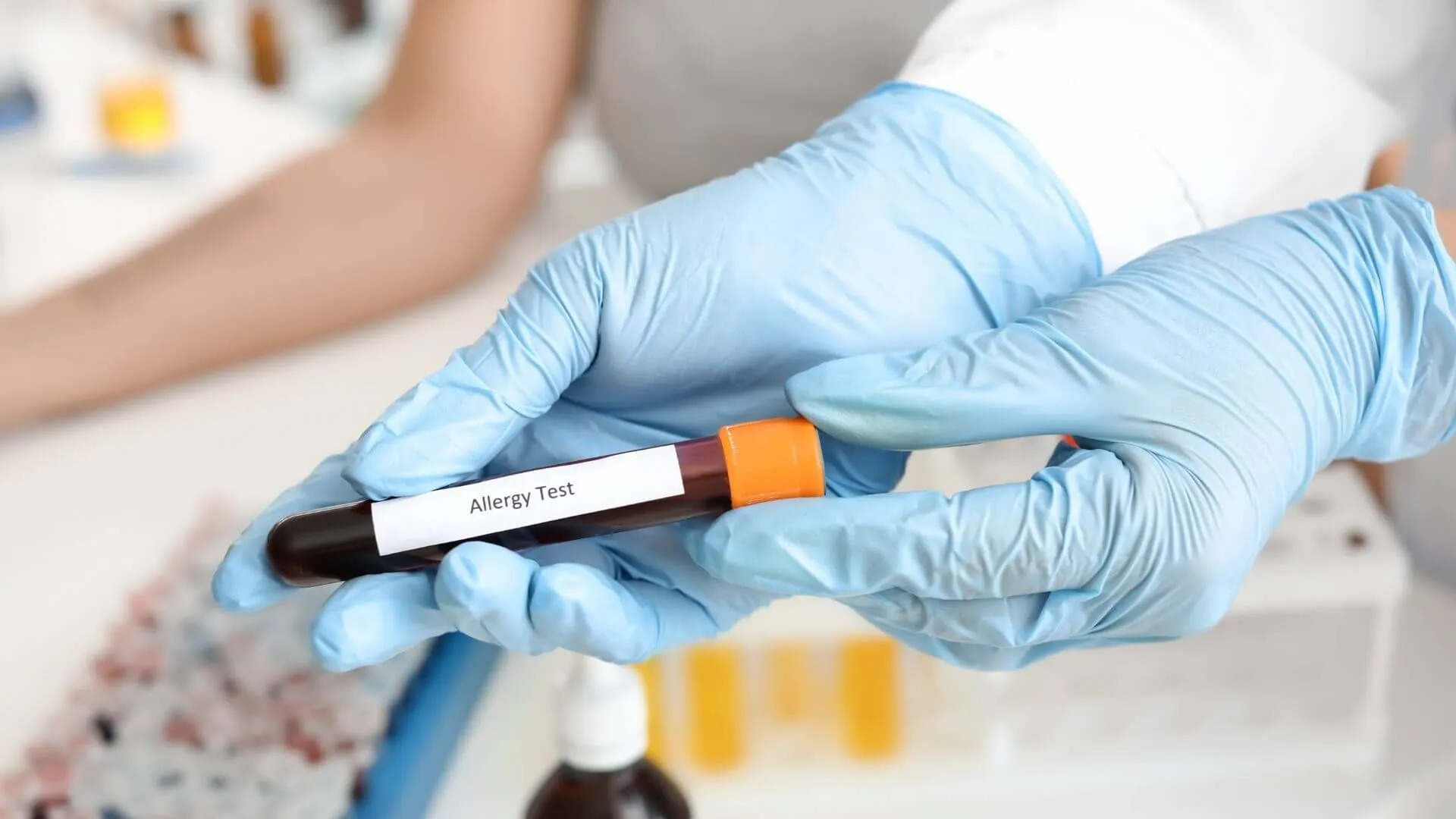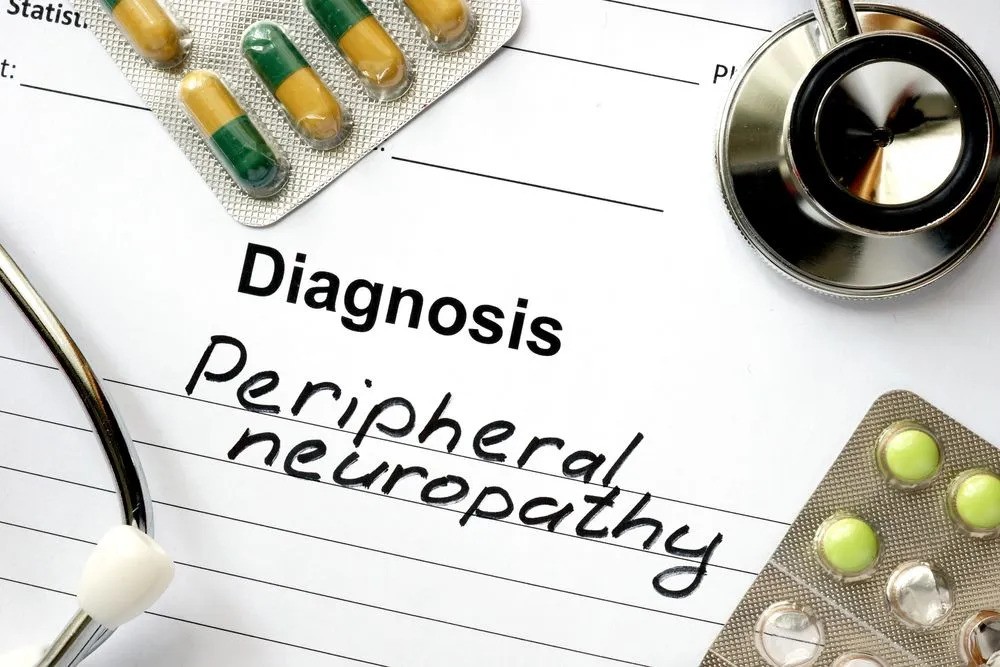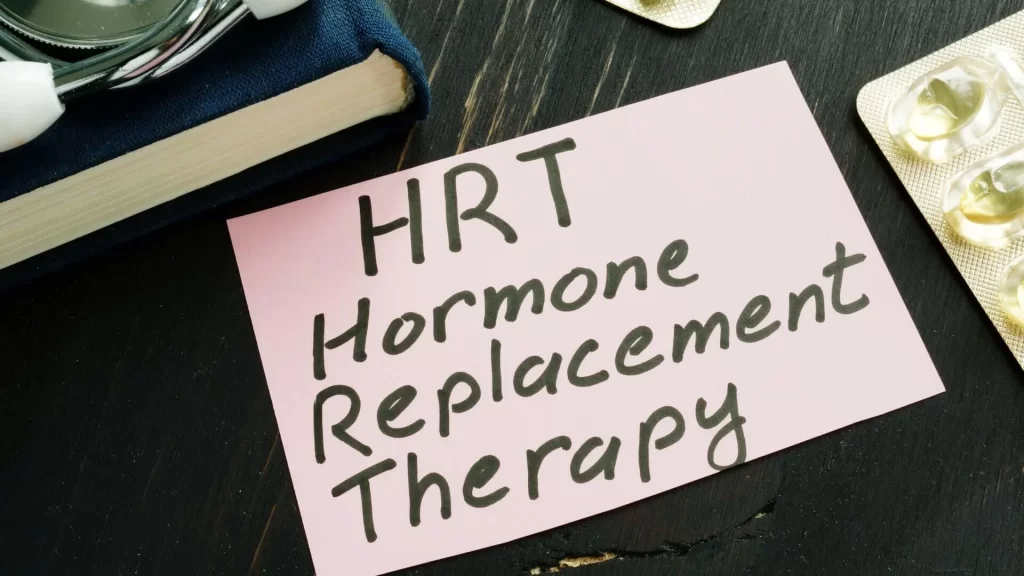When to See an Allergy Specialist: Signs That It’s Time for an Appointment
Allergies can often be managed with over-the-counter treatments and avoidance of known triggers. However, when symptoms persist, become severe, or negatively impact your quality of life, it may be time to seek the expertise of an allergy specialist. Some signs indicating a need for specialist intervention include persistent or worsening symptoms despite medication, experiencing allergic reactions to food or medication, or having a condition like asthma that can exacerbate allergies. Furthermore, if allergies are impacting your daily activities or causing frequent absences from work or school, a consultation with an allergy specialist could be crucial in developing an effective, personalized treatment plan.
Understanding Allergy Symptoms

Allergic reactions can manifest in a multitude of ways, and recognizing common symptoms is a key step toward effective management. Symptoms typically include sneezing, runny or congested nose, itchy or watery eyes, and itching of the throat or ears. Skin reactions are also common, with signs ranging from hives and eczema to swelling and redness. Food allergies may cause nausea, vomiting, diarrhea, or more severe reactions such as anaphylaxis. It’s important to note that symptoms can vary from person to person and reaction to reaction. Some individuals may experience mild irritation, while others may face severe, life-threatening reactions. Understanding these symptoms can help individuals identify potential allergic triggers, seek timely medical intervention, and implement strategies to prevent future reactions.
The Importance of Allergy Testing

- Allergy testing plays a vital role in accurately diagnosing allergic conditions. By exposing the body to potential allergens in a controlled environment, healthcare providers can observe and analyze the body’s response, thereby identifying specific allergens that trigger reactions.
- Testing can be conducted at any age, although it’s particularly crucial for individuals who have persistent or severe symptoms, despite using over-the-counter treatments.
- Allergy testing provides a detailed insight into how an individual’s body responds to different allergens. This can aid in the development of a tailored treatment plan, which may include avoidance strategies, medications, and in some cases, allergen immunotherapy.
- Allergy testing is especially important for individuals prone to severe reactions, such as anaphylaxis. Identifying the specific triggers can be lifesaving as it allows individuals to avoid exposure and carry necessary emergency medication.
- There are several methods for allergy testing, including skin tests (the most common), blood tests, and challenge tests. The choice of method depends on the individual’s age, health status, and the type of allergic reactions they typically experience.
- Regular allergy testing is advised for individuals with variability in their allergic reactions, as allergic sensitivity can change over time. Regular testing ensures the treatment plan remains effective and relevant.
Identifying Severe Allergic Reactions
Severe allergic reactions can be life-threatening and require immediate medical attention. Understanding how our immune system responds to allergy triggers is crucial for recognizing these critical situations. A severe allergic reaction, known as anaphylaxis, can cause symptoms that need immediate treatment. These symptoms include difficulty breathing, wheezing, loss of consciousness, and a swift drop in blood pressure.
Another severe form of allergic disorder is chronic sinus infections, which could be a sign of allergic rhinitis. This disorder is chronic and can significantly impact an individual’s quality of life, requiring more than just over-the-counter treatments to manage effectively. Symptoms often include a runny or stuffy nose, sneezing, and fatigue, and often coincide with asthma symptoms such as shortness of breath and coughing.
The risk of severe allergic reactions makes regular allergy testing crucial. This is especially true for those with known severe responses or those with asthma, as asthma symptoms can be exacerbated by allergic reactions. Allergy shots, a form of immunotherapy, are often a recommended treatment for severe allergies. These shots work by gradually desensitizing the patient’s immune system to the allergen, reducing the severity of allergic reactions over time.
Remember, severe allergic reactions are a serious medical condition. If you suspect you or someone else is experiencing a severe allergic reaction, seek immediate medical attention. With timely intervention and an effective treatment plan, it’s entirely possible to manage and treat allergies, reducing their impact on your daily life.
Chronic Allergies and Persistent Symptoms

Chronic allergies, such as hay fever (allergic rhinitis), can have significant effects on an individual’s quality of life. Persistent symptoms such as a runny nose, nasal congestion, and incessant sneezing can be disruptive, leading to fatigue, difficulty concentrating, and poor sleep quality. An allergy specialist can provide comprehensive care, including a thorough review of your medical history, a physical examination, and allergy tests to correctly diagnose and manage allergic diseases.
Allergy tests play a pivotal role in the diagnosis of allergic disorders. Skin tests, blood tests, and challenge tests are some of the methods used to identify specific allergens. The test results, along with your medical history, help the allergy specialist to formulate an effective allergy treatment plan. This can be vital for those suffering from chronic allergies and experiencing persistent symptoms despite using over-the-counter treatments.
Notably, allergy treatments are not one-size-fits-all, and a treatment that works for one person may not work for another. Therefore, consulting an allergy specialist can provide you with a personalized treatment plan, including avoidance strategies, medications, and potentially allergen immunotherapy.
In conclusion, if your symptoms persist, become severe, or are not adequately controlled with over-the-counter treatments, it may be time to consider consulting an allergy specialist. Early and appropriate management can prevent the progression of allergic diseases, improving your quality of life.
Understanding Allergy Triggers
Understanding what triggers an allergic reaction is the first step toward effective management and treatment. Both common and uncommon factors can cause allergies, and these triggers must be adequately identified through an allergy test. The results of an allergy test can provide pivotal insight into how the body’s immune system responds to different allergens, thereby playing a significant role in diagnosing immune disorders.
Common triggers often include environmental allergies such as pollen, dust mites, pet dander, and mold. These allergens are typically present in the air we breathe and can lead to symptoms such as sneezing, nasal congestion, and in some cases, asthma attacks. Understanding these triggers is essential for individuals dealing with asthma as these allergens can also act as asthma triggers, potentially leading to serious health complications.
In addition to common triggers, uncommon factors such as certain foods, medications, and insect venom can also cause allergic reactions. These triggers might not be as prevalent as environmental allergies but can lead to severe reactions in some individuals. It is important to note that what triggers an allergic reaction in one person may not cause the same reaction in another, emphasizing the need for personalized care and treatment.
Treating allergies begins with correctly identifying the allergen through allergy tests. Once identified, your primary care physician or an allergy specialist can guide you in managing your exposure to these triggers and prescribe appropriate treatments. In some cases, allergen immunotherapy might be recommended to desensitize the immune system to the allergen gradually.
In conclusion, understanding allergy triggers is paramount in managing and treating allergies effectively. Regular allergy testing, conscious avoidance of known allergens, and an individualized treatment plan can go a long way in controlling allergic symptoms and improving the overall quality of life.
Seeking Help for Severe Allergic Episodes

Severe allergic reactions, also known as anaphylaxis, can be life-threatening and require immediate medical attention. If you or someone else is experiencing symptoms such as difficulty breathing, hives, swelling of the mouth or throat, or loss of consciousness, it is imperative to call an emergency service.
During a severe allergic episode, the first step in the diagnostic process is often a physical exam. This exam aims to assess the immediate medical needs of the patient and identify the signs of the allergic reaction. After stabilizing the patient, a detailed review of the patient’s family history and past allergic reactions is taken to identify possible allergens.
Next, an intradermal test might be carried out by an allergist. In this test, small amounts of specific substances suspected to cause the allergy are injected into the skin, and the reaction is observed. This helps in identifying the specific allergens causing severe reactions.
After the allergen is identified, the allergist treats the patient with the appropriate treatment options, from medication to allergen immunotherapy, to reduce symptoms and prevent future severe allergic episodes. The treatment plan is tailored to suit the patient’s needs and health condition.
Finally, during your first appointment post-emergency, your allergist will discuss long-term management strategies for your allergies. These might include avoidance strategies, changes in diet or lifestyle, or even regular immunotherapy. The goal is to minimize the risk of future severe allergic reactions and improve your quality of life.
In conclusion, seeking help for severe allergic episodes involves immediate emergency care, a comprehensive diagnostic process, and an allergist’s long-term treatment plan. By understanding this process, you can better navigate emergencies and facilitate effective management of your allergies.
If you’re grappling with allergies and their debilitating impacts on your life, don’t wait for your symptoms to escalate. Reach out today to Atlantic Integrative Medicine, a leader in providing personalized allergy treatments. Visit Atlantic Integrative Medicine Allergy Treatments for detailed information or to schedule an appointment. Take control of your allergies, and start your journey towards improved health and a better quality of life now.



















